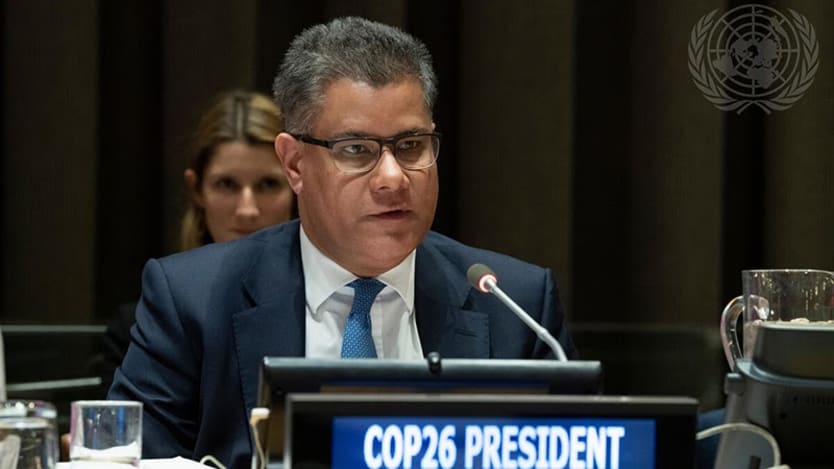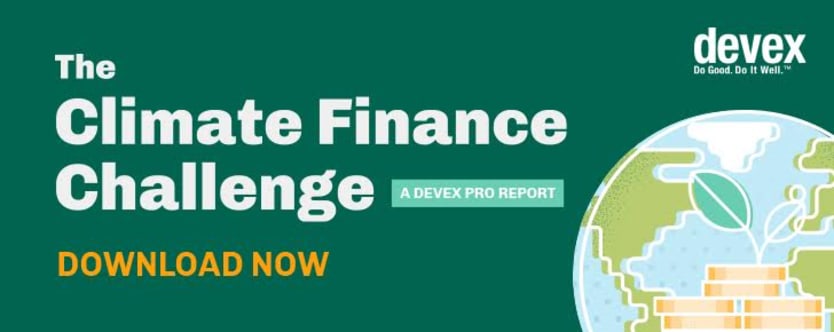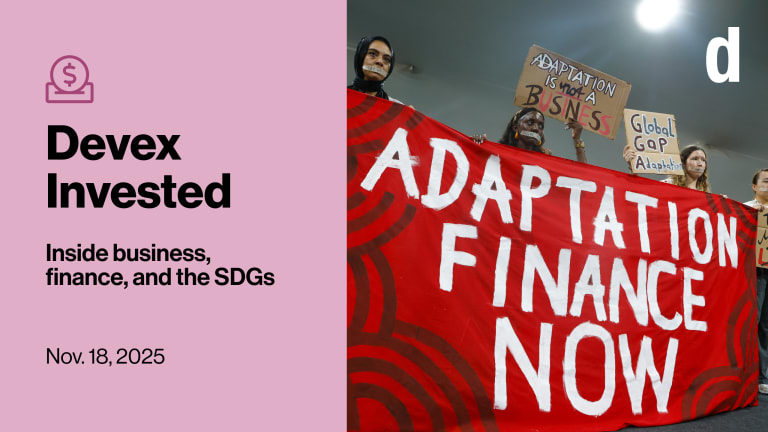
LONDON — Political and business leaders gathered virtually at the Green Horizons Summit this week — just as the United Nations climate conference, COP 26, should have been kicking off — in a bid to encourage the financial sector to take action on climate.
At the event organized by the World Economic Forum, Green Finance Institute, and City of London, speakers urged financiers to view the transition to a net zero economy as a commercial opportunity, particularly in emerging markets.
The event also highlighted the need for governments’ post-pandemic economic recovery plans to be consistent with climate goals — or risk running out of money for later environmental investments.
Mark Carney, U.N. special envoy for climate finance, also used the occasion to publish the private finance strategy for COP 26, now postponed until next year.
“All governments, cities, financial institutions, and private businesses must establish their transition plans for net zero emissions by 2050 and start with concrete policies now,” U.N. Secretary-General António Guterres told the event.
“We also want more companies to disclose climate risk in their financial reporting.”
— Alok Sharma, president, COP 26He urged governments to “align the long-term objective of net zero emissions with your short-term COVID-19 recovery plans and your nationally determined contributions under the Paris Agreement.”
The immense wealth held in the private sector is widely believed to be necessary to fund the investments in more sustainable technology that is required to avoid the worst effects of climate change.
Alok Sharma, president of COP 26, added: “We also want more companies to disclose climate risk in their financial reporting … we want to see more commitments ahead of COP 26 that reflect the urgency of the situation we face.”
But a key issue emerging from the second day of the summit was the difficulty of reporting climate standards for businesses.
“One of the difficulties we’ve all got at the moment is there’s a vast array of ESG [environmental, social, and governance] metrics and standards that are out across the planet,” said Ewen Stevenson, chief financial officer of the HSBC Group. Until there are “global standards that are consistent, that are trusted, that are based on science, we will limit the appetite of the investment community to invest” in low carbon portfolios, he claimed.
Maria Hakansson, chief executive of Swedfund, Sweden’s development finance institution, said that even amid the pandemic, the organization still had a “large inflow of projects.” She saw particular opportunities for solar energy in Africa, saying the continent “has vast resources in this area but only represents a small fraction of the global energy produced from solar.”
She added that new technologies such as the internet of things and blockchain were “creating possibilities for efficiency and sustainable business models that meet local needs.”
“We have seen many countries doing leapfrogs doing the pandemic and I think you will see there is a huge need for investment in developing countries if you want to capture these possibilities” Hakansson added.









